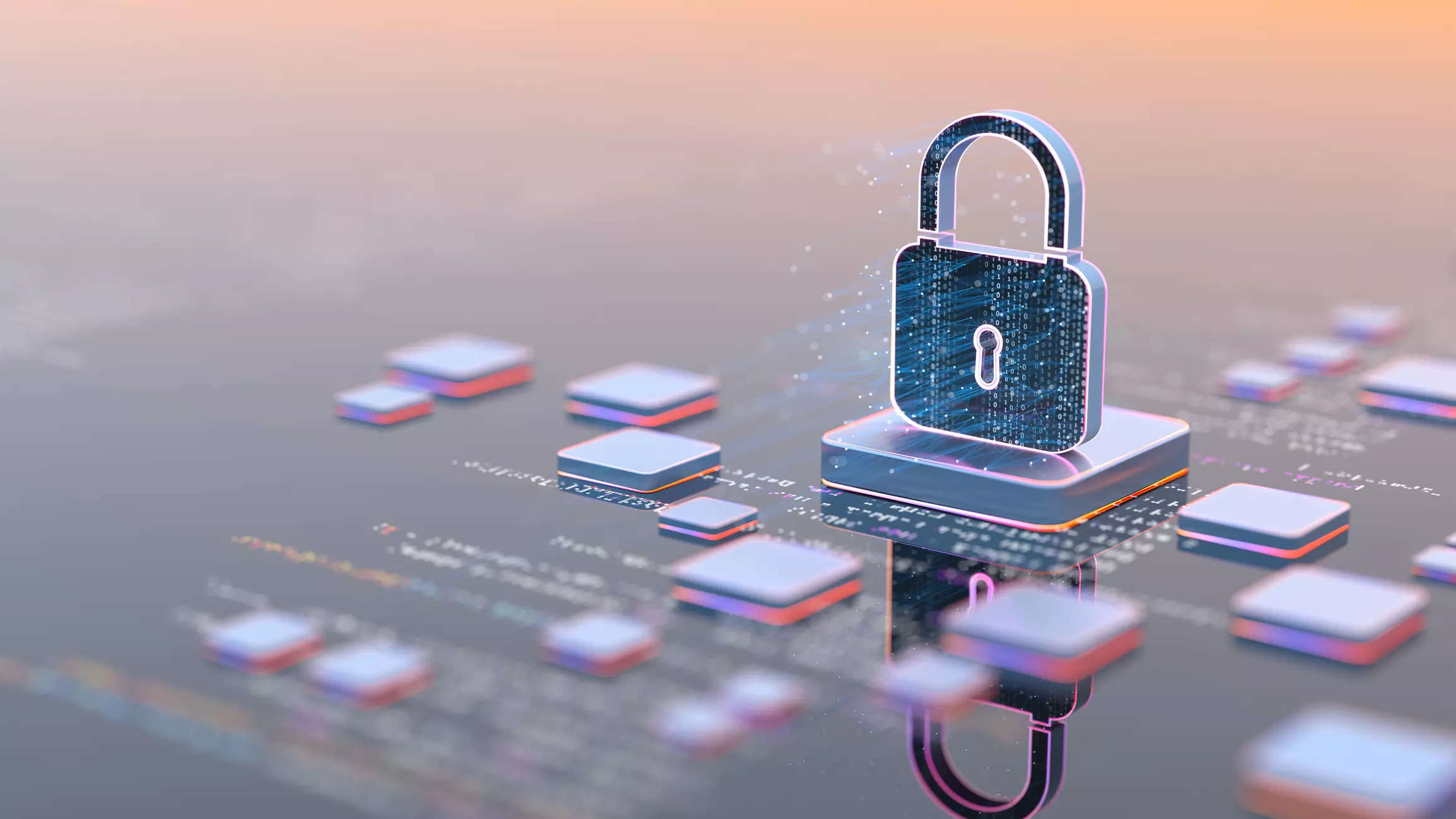TCS, Fortinet, ESDS, ET CISO

The year 2025 will see an increase in the exploitation of the generative artificial intelligence (genAI) technology for cyberattacks, enterprises’ enhanced focus on securing their cloud environments, and robust cyber resilience strategies.
As the year 2024 comes to a close, homegrown Tata Consultancy Services (TCS), global cybersecurity firm Fortinet, and IT services firm ESDS have listed the following cybersecurity industry trends for 2025:
- GenAI – a double-edged sword: GenAI is expected to be exploited more actively for more advanced cyberattacks, such as deepfakes, phishing, and data manipulation. However, it is transforming enterprises’ operations, too, and will look to deploy GenAI-driven threat detection and response systems.
- Cloud security takes centrestage: As cloud computing adoption gains steam across organisations of all sizes, they will need to start implementing strong security protocols such as encryption, access controls, and continuous monitoring, while proper configurations will prevent unauthorised access and breaches.
“Given that most organisations rely on multiple cloud providers, it’s not surprising that we are observing more cloud-specific vulnerabilities being leveraged by attackers, anticipating that this trend will grow in the future,” Fortinet noted.
- ‘Secure by design’ may become mainstream: The rapid development of new business models on the back of new digital technologies, Internet of Things (IoT) capabilities, and advanced connectivity will necessitate organisations to integrate cybersecurity measures in their products and services rather than treating it as an after-thought, especially as electric vehicle (EV) charging, distributed energy resources management system (DERMS), autonomous vehicles, and connected factories proliferate in India and elsewhere. “By 2025, the growth of IoT devices will require stronger device hardening, secure communication channels, and ongoing vulnerability assessments to maintain momentum in business growth,” said TCS.
- Back to basics for cyber resilience: A robust cyber resilience strategy has become more crucial than ever before to tide over unexpected cyber incidents. This will require a re-look at the basics such as regular backups, detailed incident response plans, and business continuity measures.
- More attack chain expertise: Cybercrime-as-a-Service (CaaS) providers lately have begun offering buyers everything needed to execute an attack, from phishing kits to payloads. Fortinet expects CaaS groups will increasingly embrace specialisation, with many groups focusing on providing offerings that focus on just one segment of the attack chain.
- Flexible supply chains for operational integrity: In 2025, organisations will need flexible, resilient supply chains due to changing geopolitics and partner ecosystems, as per TCS. It recommended that organisation leaders must develop strategies to adjust their supply networks, while protecting sensitive data and maintaining regulatory compliance. An enhanced supply chain resilience will be crucial for maintaining operational integrity amidst uncertainties.
- Automation-first approach: Today, Managed Detection and Response (MDR) combines Security Information and Event Management (SIEM), Security Operation Centers (SOCs), Security Orchestration, Automation and Response (SOAR), Extended Detection and Response (XDR), threat hunting, threat intelligence, and various attack simulations. TCS said these components must integrate seamlessly under an “automation-first” approach for strong cyber defense against new technologies like Gen AI, quantum computing, and 5G expansion. By 2025, organizations are likely to seek more industry-specific and integrated cyber-physical security solutions.
“From the rise of Cybercrime-as-a-Service to the convergence of cyber and physical threats, these trends reflect how adversaries are pushing boundaries to execute more precise, large-scale attacks,” said Vishak Raman, VP of Sales, India, SAARC, SEA & ANZ at Fortinet. Ganesa Subramanian Vaikuntam, Global Head of Cybersecurity at TCS, said that the global cybersecurity domain is undergoing a major transformation against the backdrop of the geopolitical shifts and evolving technologies.
“GenAI is enhancing operational efficiencies, but organisations must equip themselves to counteract cyber threats. It is imperative for organisations to harness these advancements and implement GenAI-powered threat detection and response systems to stay ahead of the curve,” said Vaikuntam.
Sajiv Nair, Chief Information Officer (CIO) and Chief Information Security Officer (CISO) at ESDS, echoed similar sentiments, adding that 2025 demands more caution among enterprises against cyber incidents and evolving attack strategies.
“Some of the main trends are double extortion attacks in which sensitive data is stolen and encrypted and threatened to be leaked in the public domain. Businesses should prepare themselves for more targeted attacks on cloud and on premises environments due to the exploitation of vulnerabilities in hybrid infrastructures,” Nair said. “The use of AI and machine learning by attackers will also rise and be able to carry out more sophisticated and automated attacks.”
To mitigate the emerging cyber attacks, the abovementioned companies recommended that organisations must focus on measures that cover all aspects of security, including zero-trust, endpoint detection and response (EDR), and continuous threat intelligence monitoring, among others, and combine it with information technology (IT)/operational technology (OT) security monitoring systems.
 Firewall Security Company India Complete Firewall Security Solutions Provider Company in India
Firewall Security Company India Complete Firewall Security Solutions Provider Company in India













